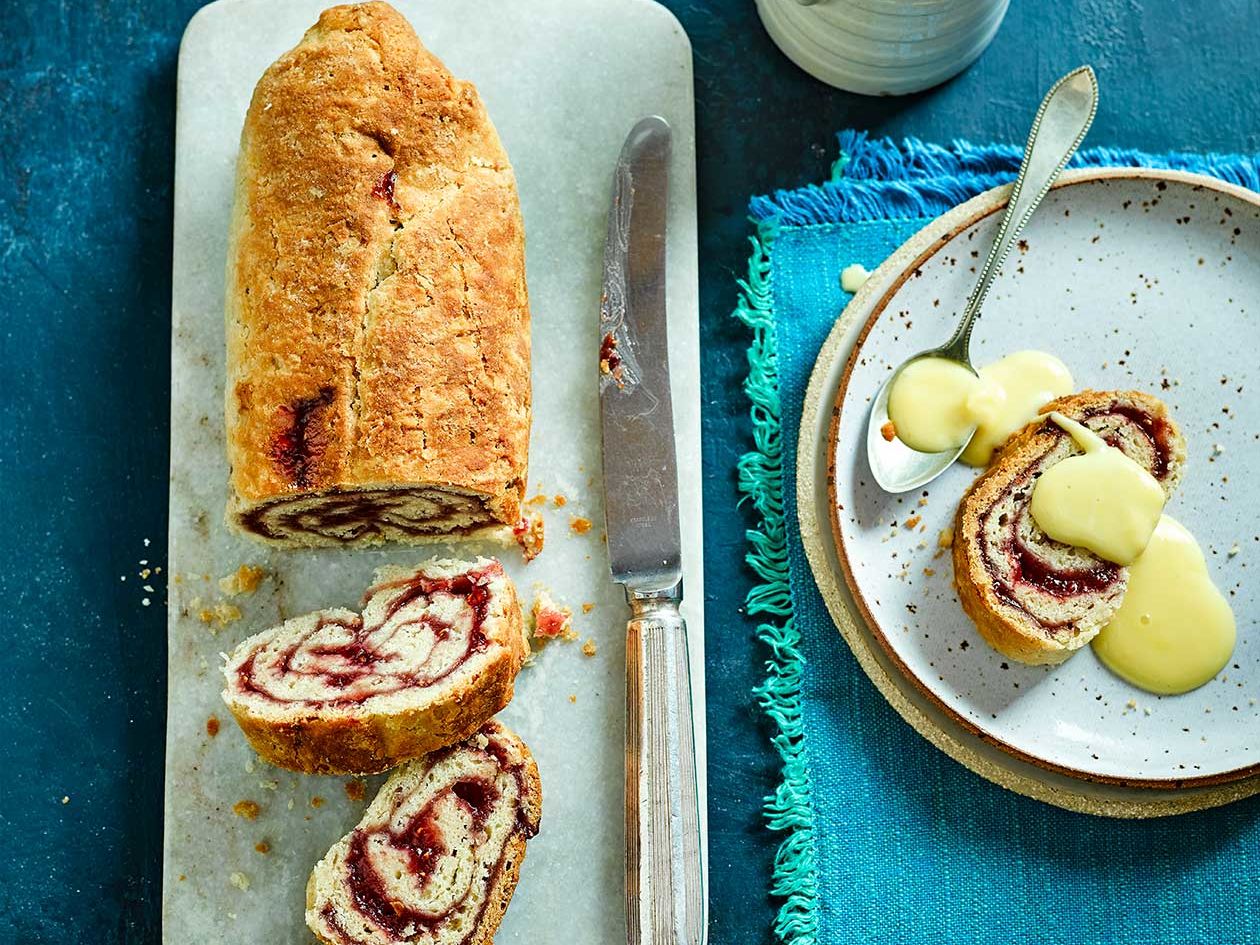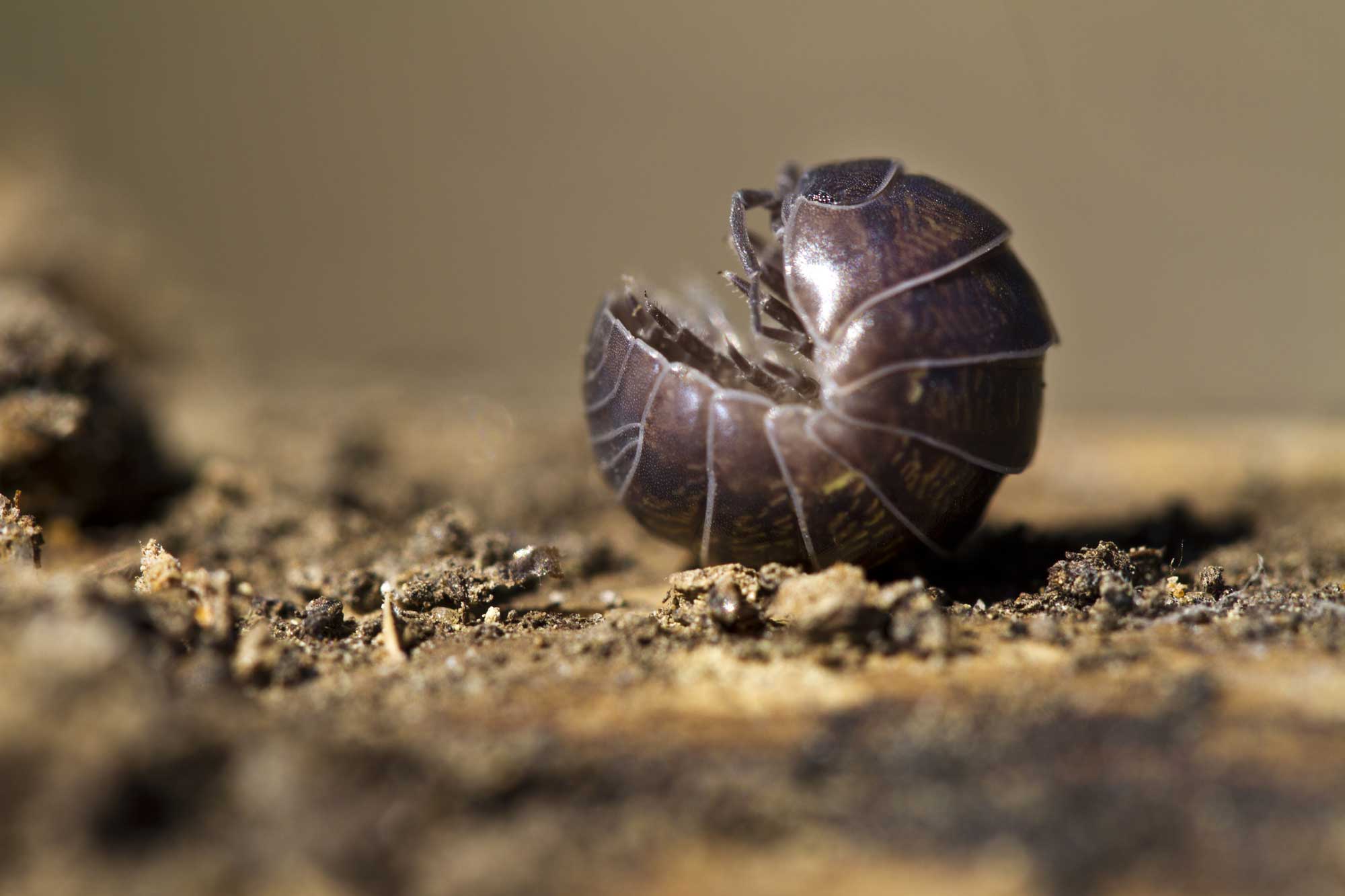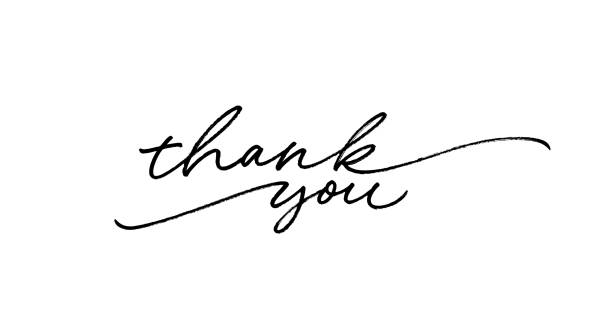In modern-day language 'roly-poly' is most often used to refer to a short and stout person :
or roly-poly pudding:
However, there are other meanings:
- A worthless person; a rascal.
- Games which feature the rolling of a ball, especially roulette.
- A plump person, especially a child.
- A type of lively dance.
- A steamed or baked pudding made from suet pastry and jam, formed into a roll,
- Australian plants which form a ball and roll around in the wind, like tumble-weed.
The first time that roly-poly is encountered in print, which we assume is the original meaning, is number one on the above list. Ben Jonson uses the expression in his poem Poetaster, 1602:
How now, good man slave? What, rowle powle? All rivalls, ras∣call? Why my Master, of worship, do'st heare? Are these thy best projects? Is this thy desseignes and thy discipline, to suffer knaves to bee competitors with commanders and gentlemen? Are wee paralells, rascall? Are wee paralells?
All of the early reference to roly-poly in print, which appear in several spellings, (Rowle Powle, rowle-powle, rowley powley, rowly powly) have a more specific meaning. A 'rowly powly' was not so much a worthless rascal but a buffoon with delusions of grandeur and who does not know his place.
It is possible that the term was coined as a reference to the actor William Rowley, who often played the part of a deluded clown. He played at Paul's playhouse, which was also called Powles. So, Rowley of Powles could have become Rowley Powley. That's speculation but the circumstantial evidence appears to support it.
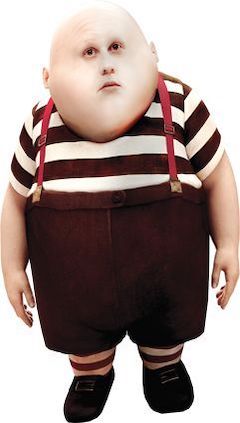 The 'short stout person' meaning didn't emerge until the 19th century and doesn't appear to be connected with the earlier. The buffoon/rascal meaning of roly-poly had died out by the end of the 17th century and it's likely that later meanings were independently coined.
The 'short stout person' meaning didn't emerge until the 19th century and doesn't appear to be connected with the earlier. The buffoon/rascal meaning of roly-poly had died out by the end of the 17th century and it's likely that later meanings were independently coined.
The first example of the later form of roly-poly is found in the London Magazine. November 1808:
The eye has its fire and consequence correspondent with the fierté belonging to a man of rank; the good-humoured rolly-polly which gave the appearance of twinkling stars to those organs, is no more.
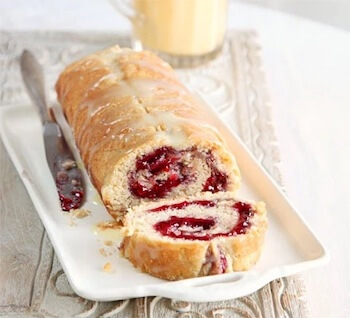 The 'pudding' name came about soon afterwards. The first example I know of is in the English writer Isaac Hurlstone's novel Fatal Interview, 1835:
The 'pudding' name came about soon afterwards. The first example I know of is in the English writer Isaac Hurlstone's novel Fatal Interview, 1835:
I have heard such puddings called blankets and sheets, and a hunting pudding; but commonly we call it a rolley polley.


